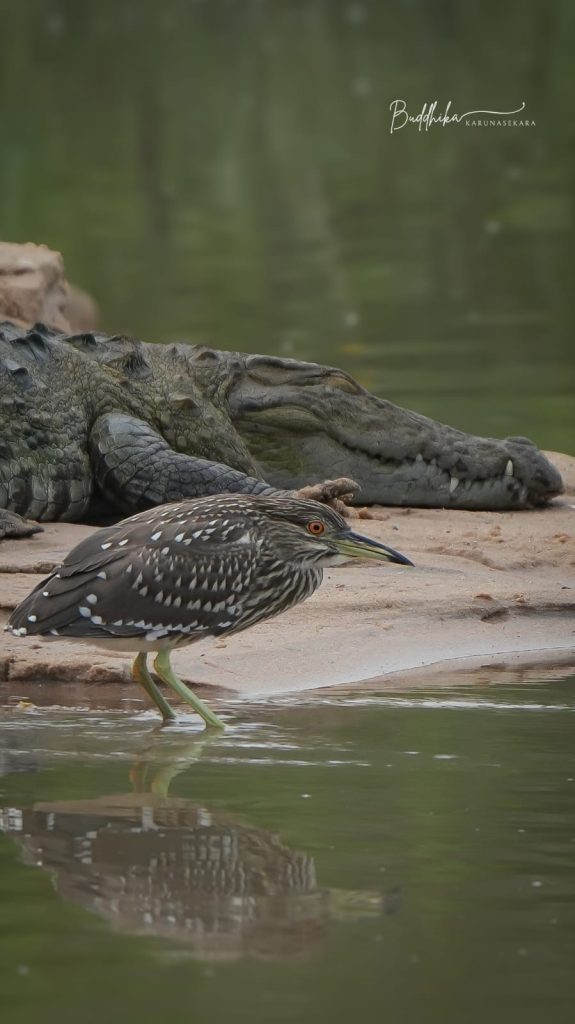
From the banks of the Nile to the heart of ancient civilisations, crocodiles have long been revered and feared in equal measure. These formidable reptiles, with their prehistoric appearance and incredible strength, have captured the imagination of people across the globe, weaving their way into countless folktales, myths, and legends.
In ancient Egyptian mythology, crocodiles held a sacred status, embodying the power and might of the Nile River. The god Sobek, often depicted with the head of a crocodile, was worshipped as the lord of the Nile and the protector of the pharaohs. Temples dedicated to Sobek were erected along the riverbanks, and mummified crocodiles were buried with great ceremony, a testament to their revered position in Egyptian society.
Across the African continent, crocodiles feature prominently in various folktales and creation myths. The Yoruba people of West Africa tell the story of the crocodile’s role in the creation of the earth. According to legend, the sky god Olorun sent the crocodile down from the heavens to create land on the primordial waters. With its powerful tail, the crocodile thrashed and churned the waters until solid ground emerged, forming the foundation of the world we know today.
In some African cultures, crocodiles are seen as wise and ancient beings, possessing knowledge that spans generations. The Maasai people of East Africa believe that crocodiles are the guardians of the rivers and the keepers of secrets. They hold ceremonies to honour the crocodiles and seek their guidance in times of need. The Maasai also have a tradition of young warriors proving their bravery by swimming across crocodile-infested rivers, a rite of passage that showcases their courage and strength.
Moving eastward to Asia, crocodiles continue to hold a significant place in folklore and mythology. In India, the crocodile is associated with the god Vishnu, who is often depicted resting on the coils of the serpent Shesha, with a crocodile serving as his mount. The crocodile is also linked to the goddess Ganga, the personification of the sacred Ganges River. It is believed that the crocodile acts as a guardian, protecting the river and its inhabitants from harm.
In Indonesian folklore, crocodiles are seen as both revered and feared creatures. The Dayak people of Borneo believe that crocodiles possess supernatural powers and can bring good fortune to those who respect them. They perform rituals and make offerings to the crocodiles to ensure a harmonious relationship between humans and these ancient reptiles. However, crocodiles are also associated with danger and death, and many folktales warn of the perils of crossing their path.
Throughout history, crocodiles have been the subject of countless legends and superstitions. In some cultures, it is believed that wearing crocodile teeth as a talisman can bring good luck and ward off evil spirits. The meat and blood of crocodiles are also attributed with medicinal properties, believed to cure ailments ranging from toothaches to infertility. These beliefs, rooted in ancient traditions, showcase the enduring fascination and respect that humans have had for these powerful creatures.
